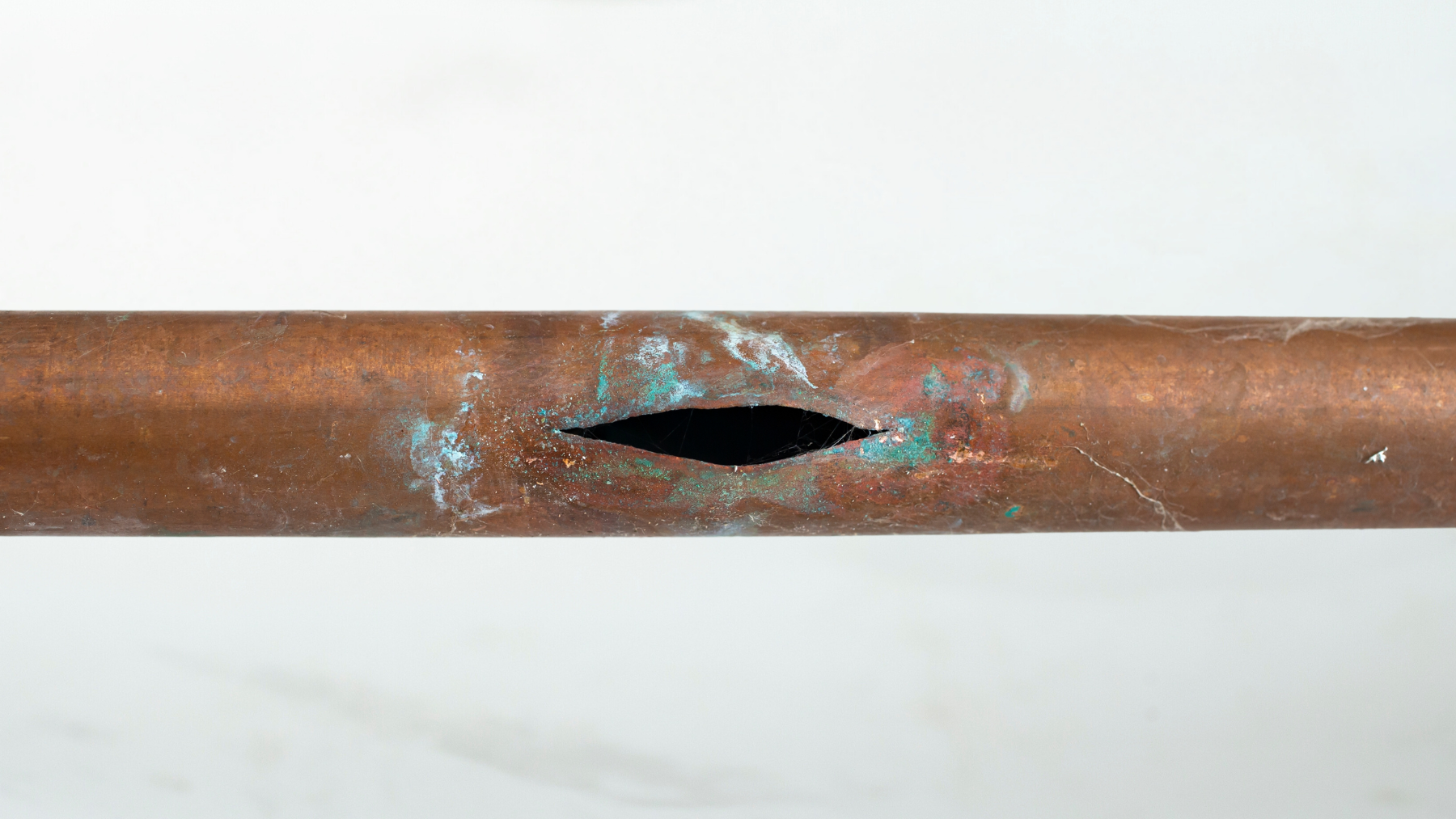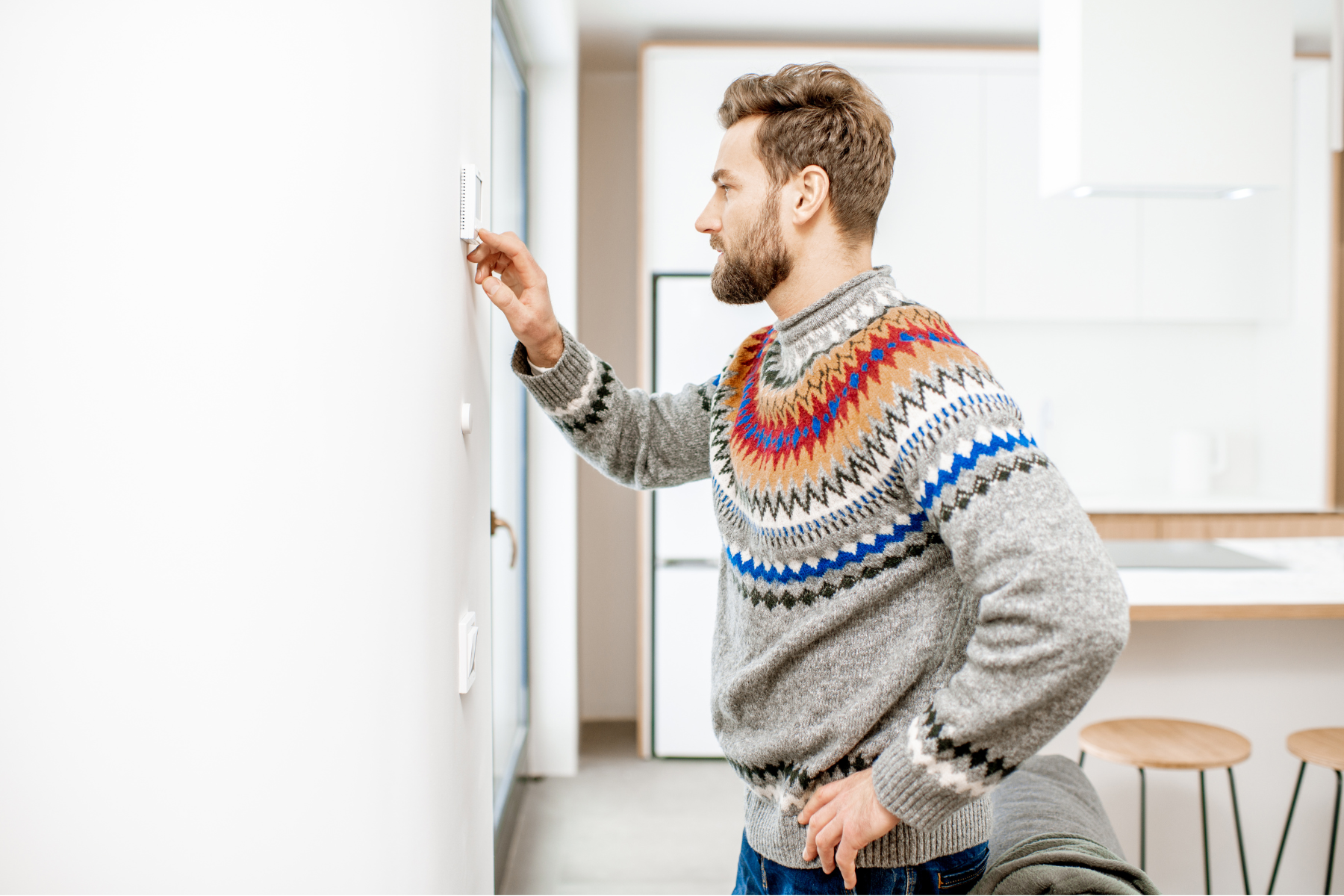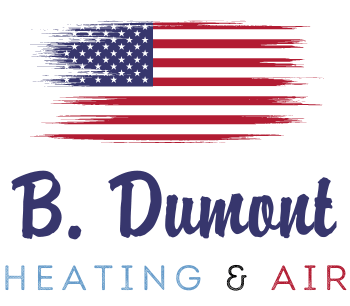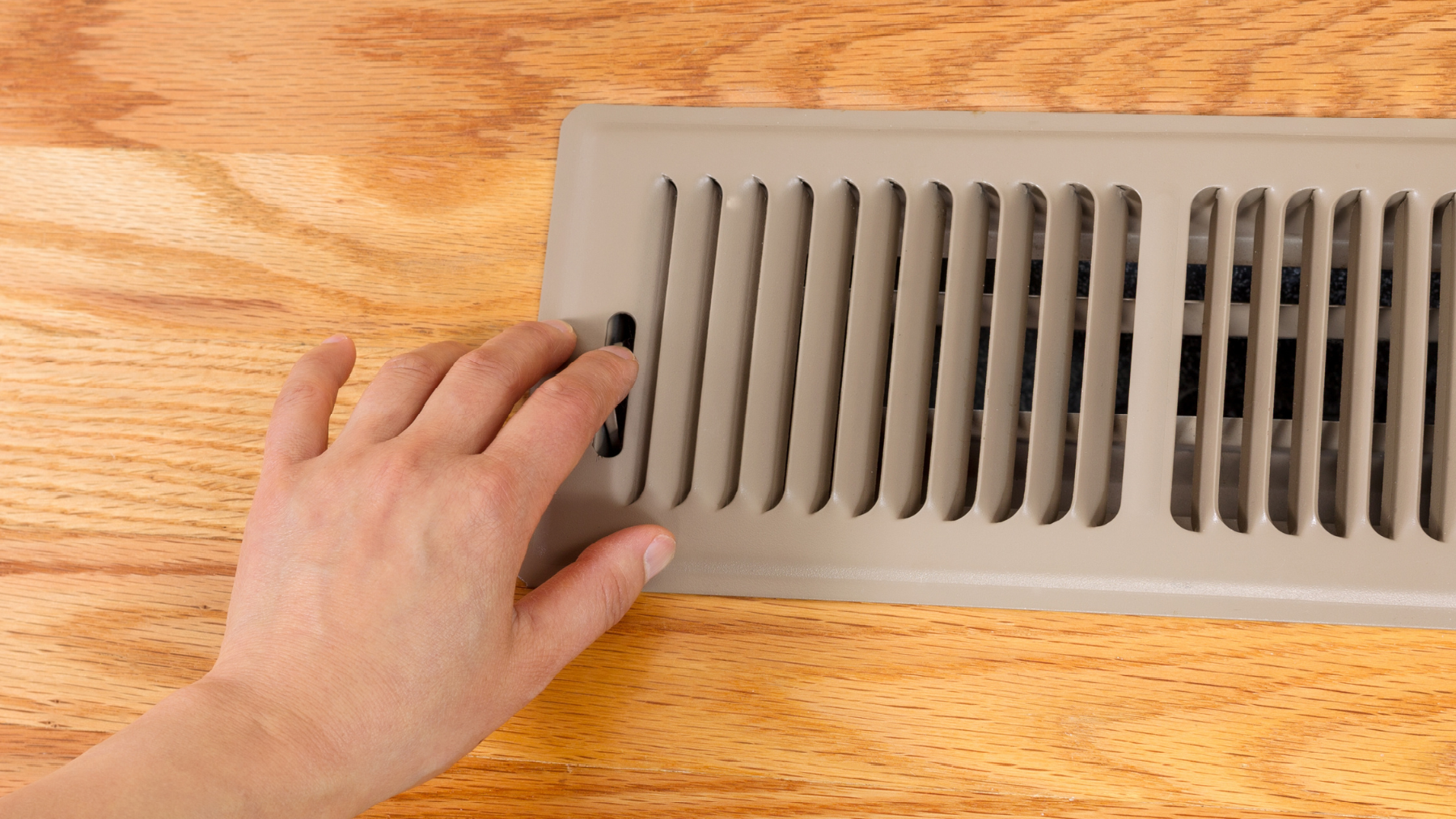How to Take Care of Your HVAC During Winter
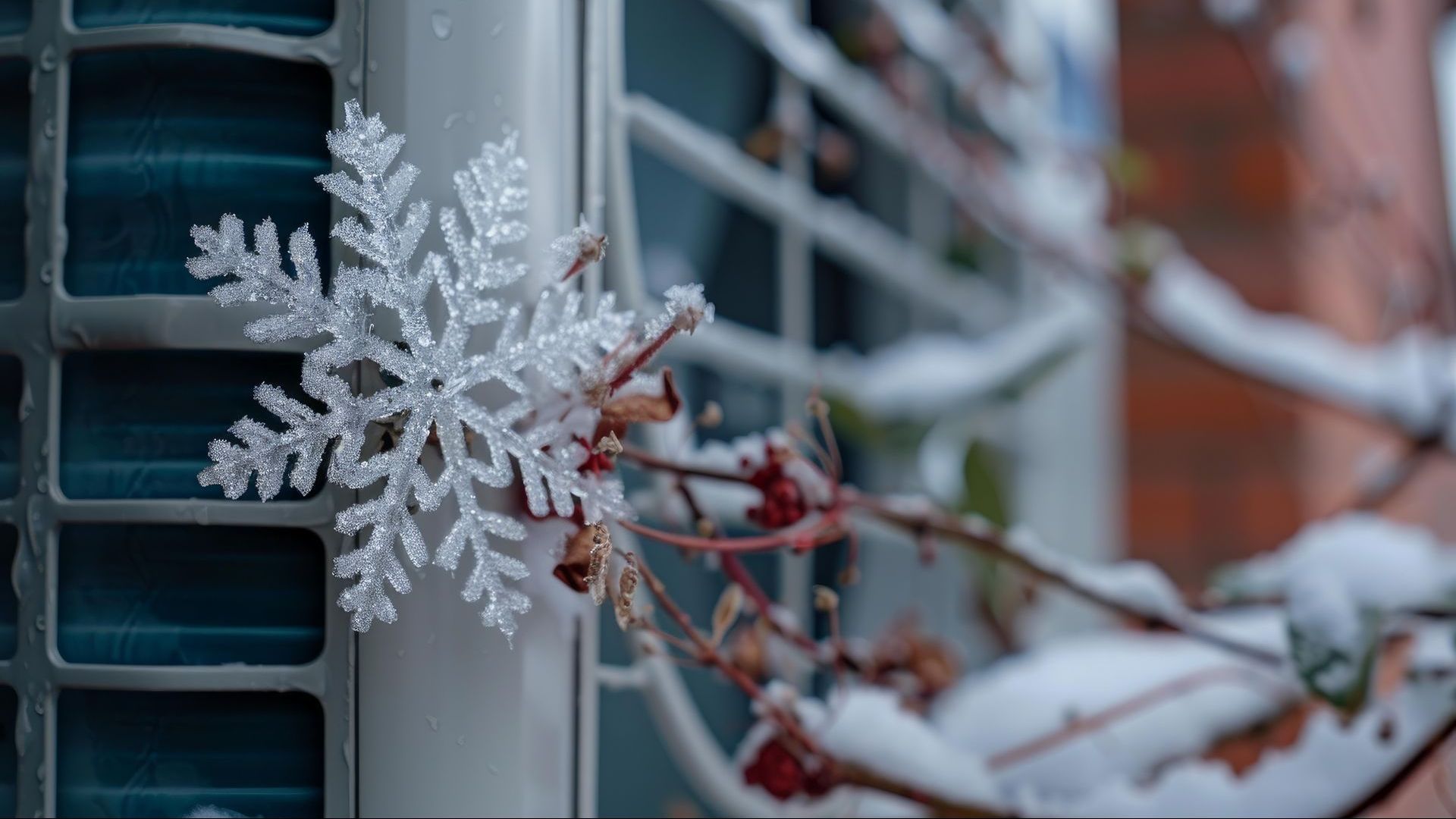
With freezing temperatures in the forecast and stormy winter weather on the horizon, it's essential to know how to care for your HVAC unit during snow and ice conditions. While most units are designed to endure harsh winter weather, being mindful of a few key factors can help prevent a mid-winter breakdown.
Ensure Your Unit Isn’t Buried Under Snow
A unit buried under snow can lead to various problems. Your HVAC system requires airflow to function effectively, and excessive snow coverage can restrict this airflow. If you find your unit covered in snow, carefully clear it away to avoid damaging the unit or the internal fans. As a general rule, maintain at least 18 inches of clear space around the unit year-round. If there is ice on top, gently break it away by hand. Avoid pouring warm water on the ice to melt it, as any water that seeps inside can refreeze, potentially causing more damage.
Check That Your Furnace Exhaust Isn’t Blocked
For those with gas furnaces, it's crucial to ensure that the exhaust vent is not obstructed. A blocked exhaust can cause your furnace to stop working and may even lead to dangerous carbon monoxide leaks into your home. Snow or ice can often block this exhaust pipe. If your furnace begins to behave unusually, contact a professional to diagnose the issue before it escalates into a larger problem.
Additionally, for gas furnace owners, remember to check your fire and carbon monoxide alarms as part of your winter HVAC maintenance. It’s always better to be safe than sorry.
Inspect Your Air Filter
Regularly checking your air filters is essential. During the coldest months, your HVAC unit operates more frequently, pulling in increased amounts of air through the filter. This results in more dust, dirt, and debris accumulating, making regular filter checks and replacements even more critical.
Keep Your Unit Clear of Melting Snow and Ice
Be mindful of gutters or water runoff that may drip onto or into your HVAC unit. In freezing temperatures, this can create a significant risk for your system. The real concern is not that the snow or ice from above is dripping, but rather the drips that may enter the unit and then refreeze. While HVAC units are built to withstand winter weather, ice forming inside the unit can lead to problems that might eventually result in a system breakdown.
Taking proactive steps to care for your HVAC system during icy weather is crucial for ensuring its efficiency and longevity. Regular maintenance can prevent minor issues from escalating into major problems that may require costly repairs. By keeping your unit clear of snow and ice, checking exhaust vents, inspecting air filters, and monitoring the surrounding environment, you can help your HVAC system operate smoothly throughout the winter months.
Remember, it's always wise to enlist the help of a professional if you're uncertain about any maintenance tasks or if you notice any irregularities in your HVAC system's performance. Doing so can provide peace of mind and ensure that your home remains warm and comfortable, even during the harshest winter conditions. Trust B. Dumont Heating and Air for all of your winter maintenance and repairs.
CONTACT US
